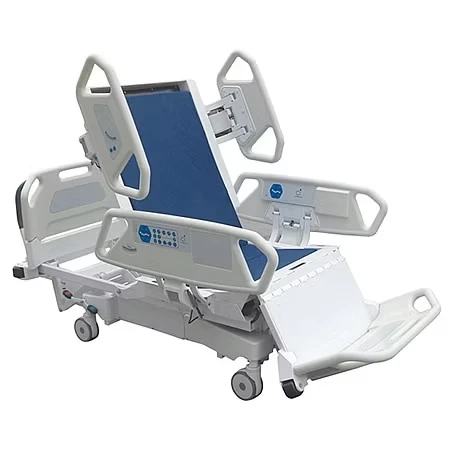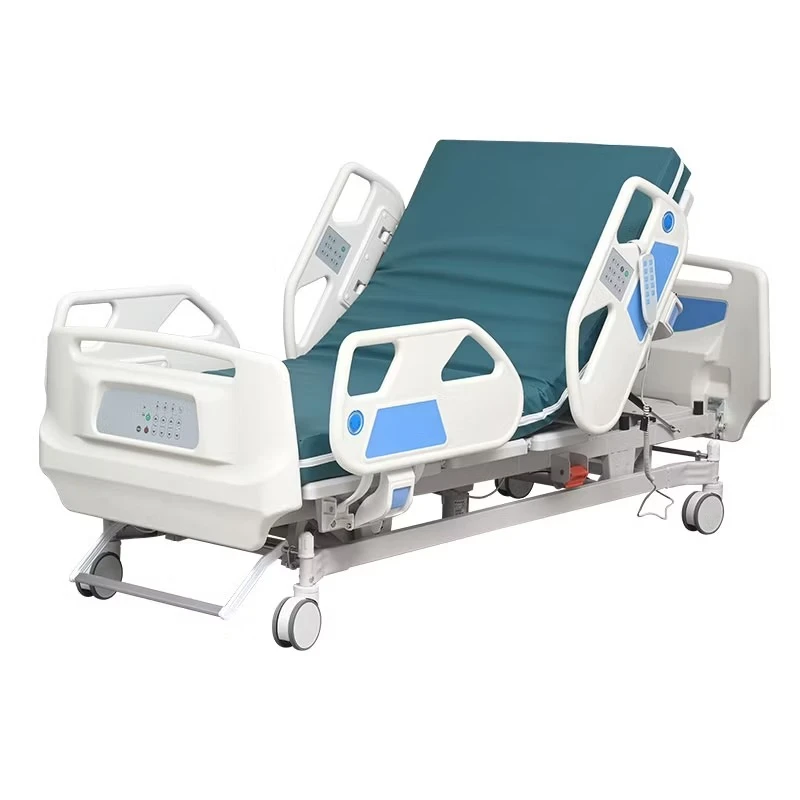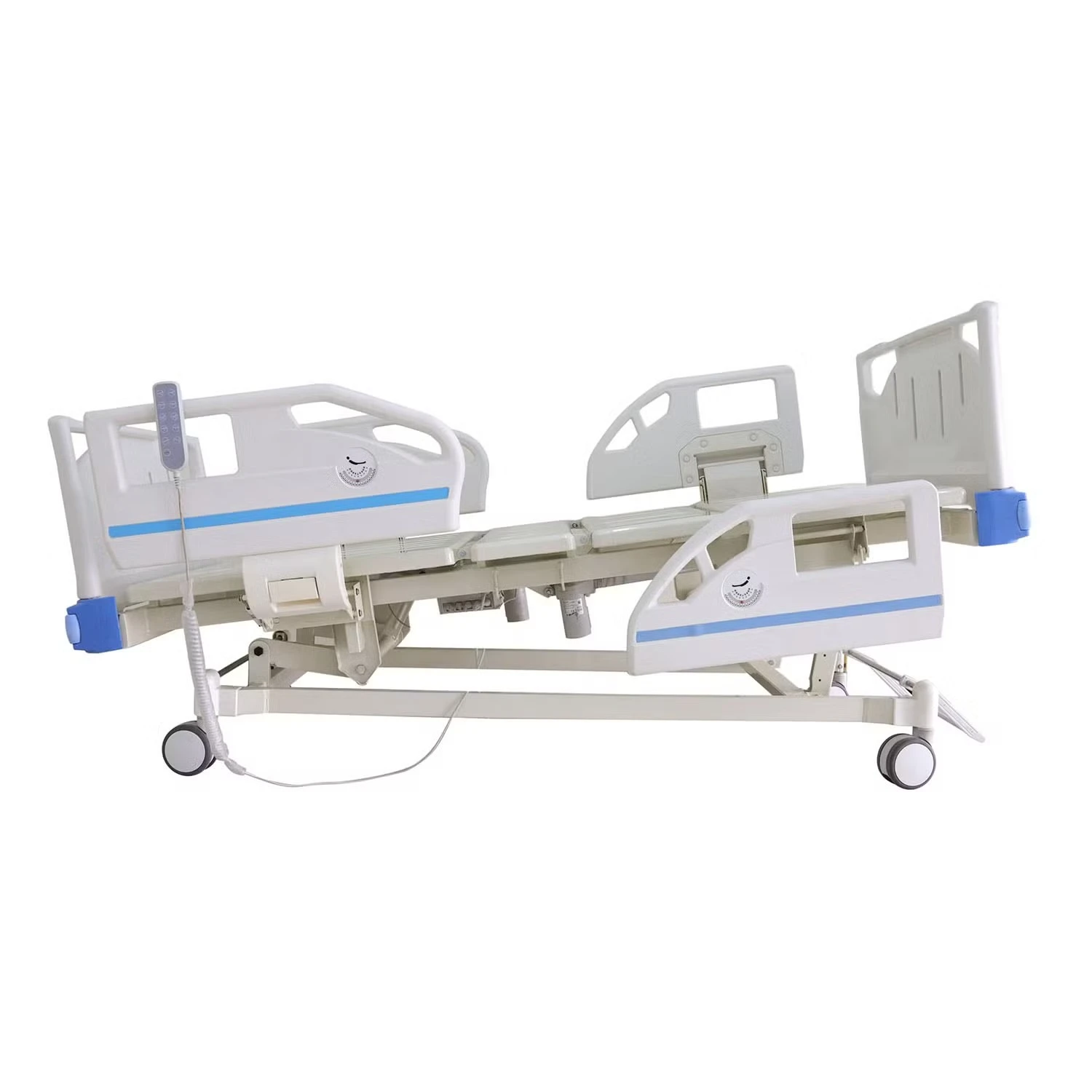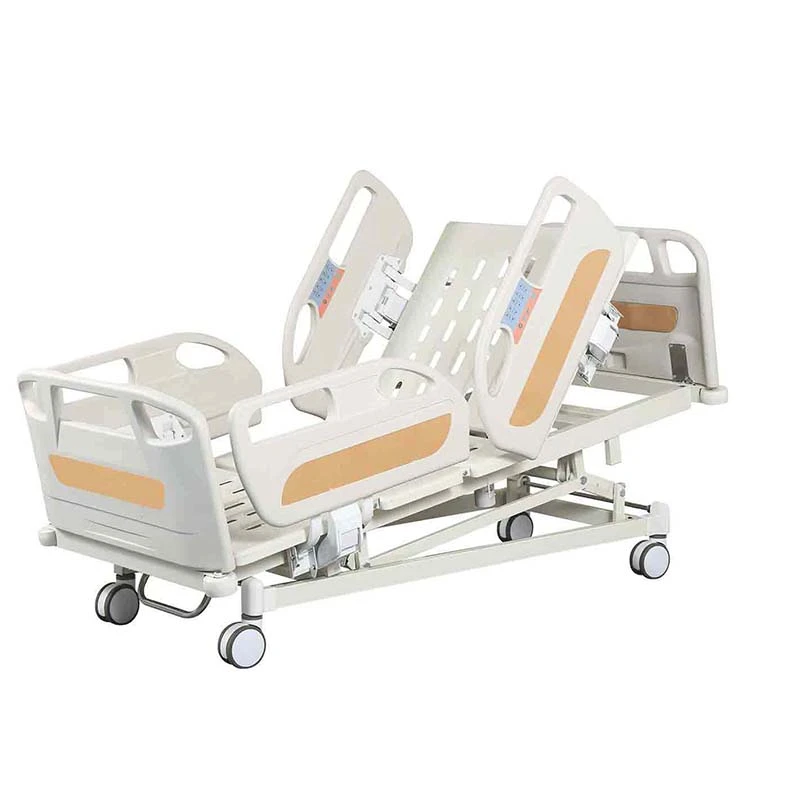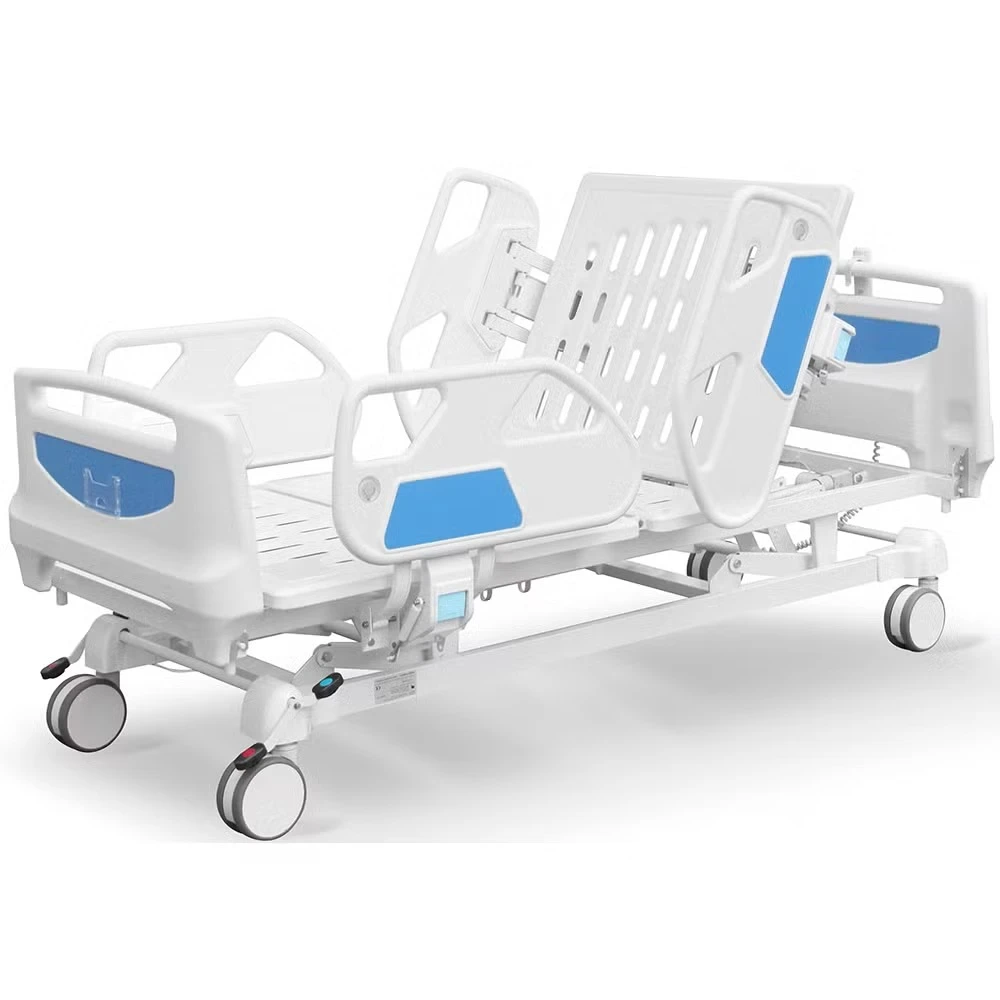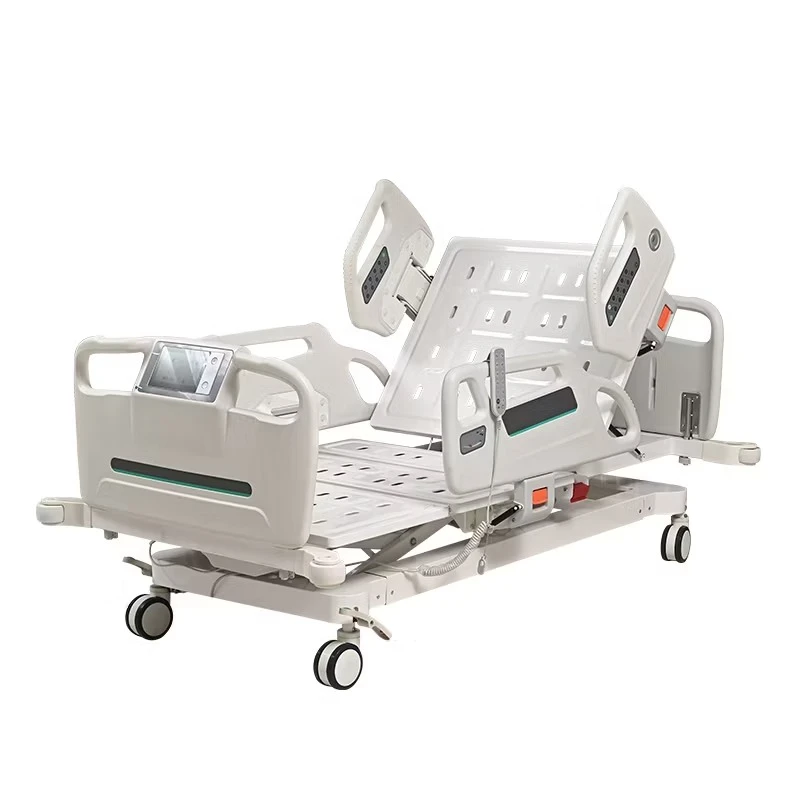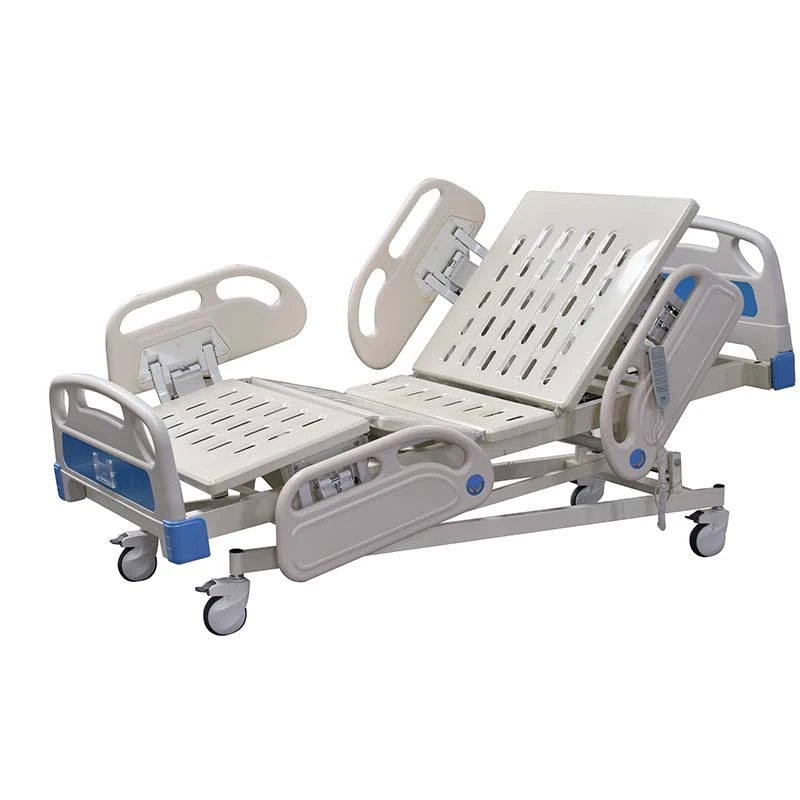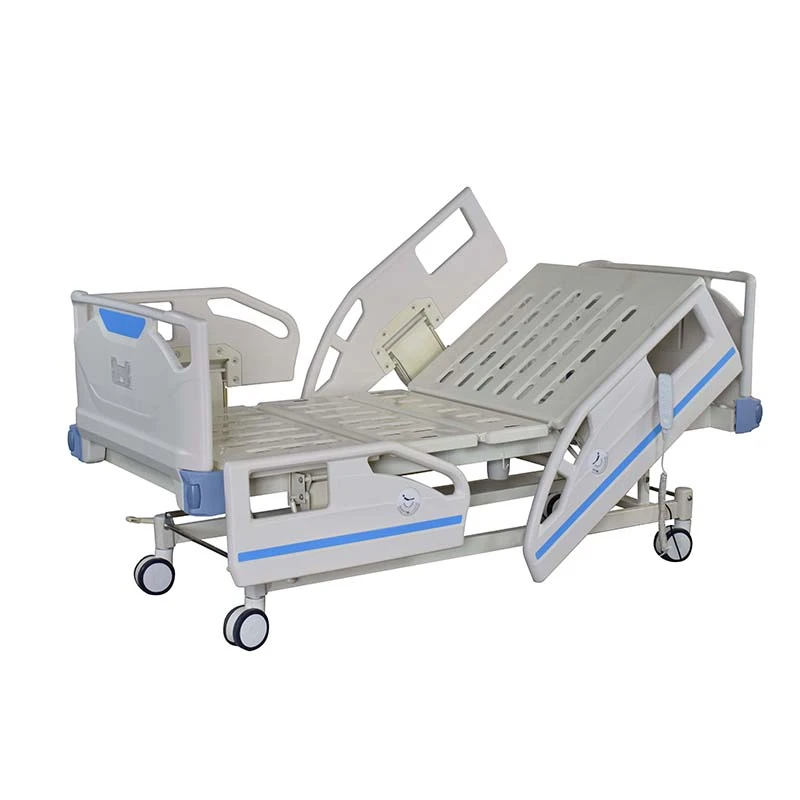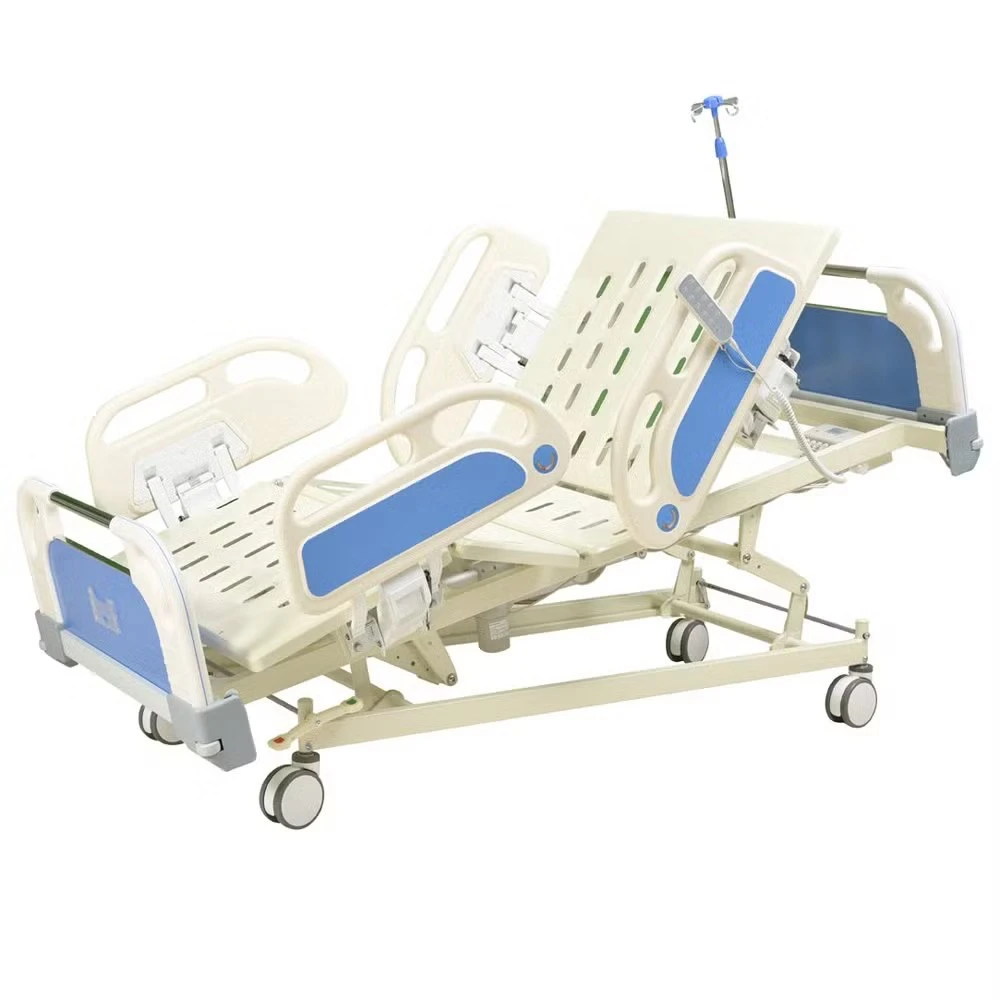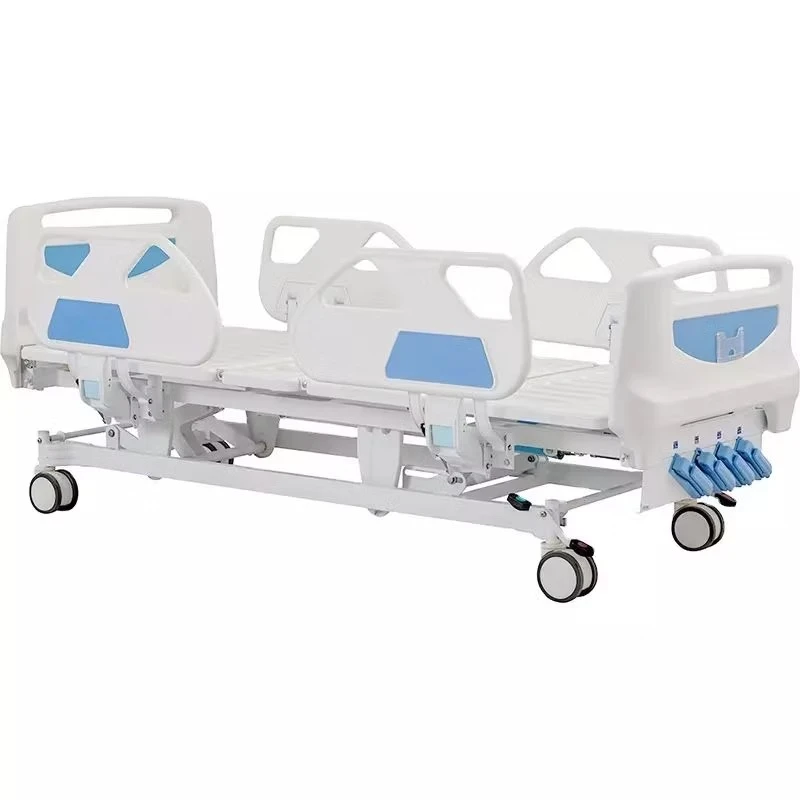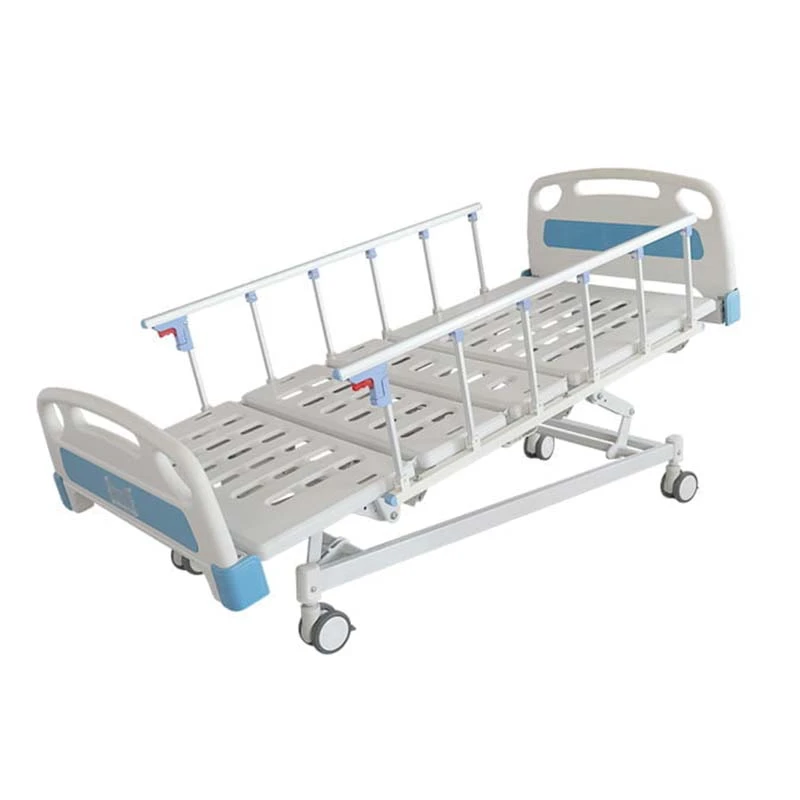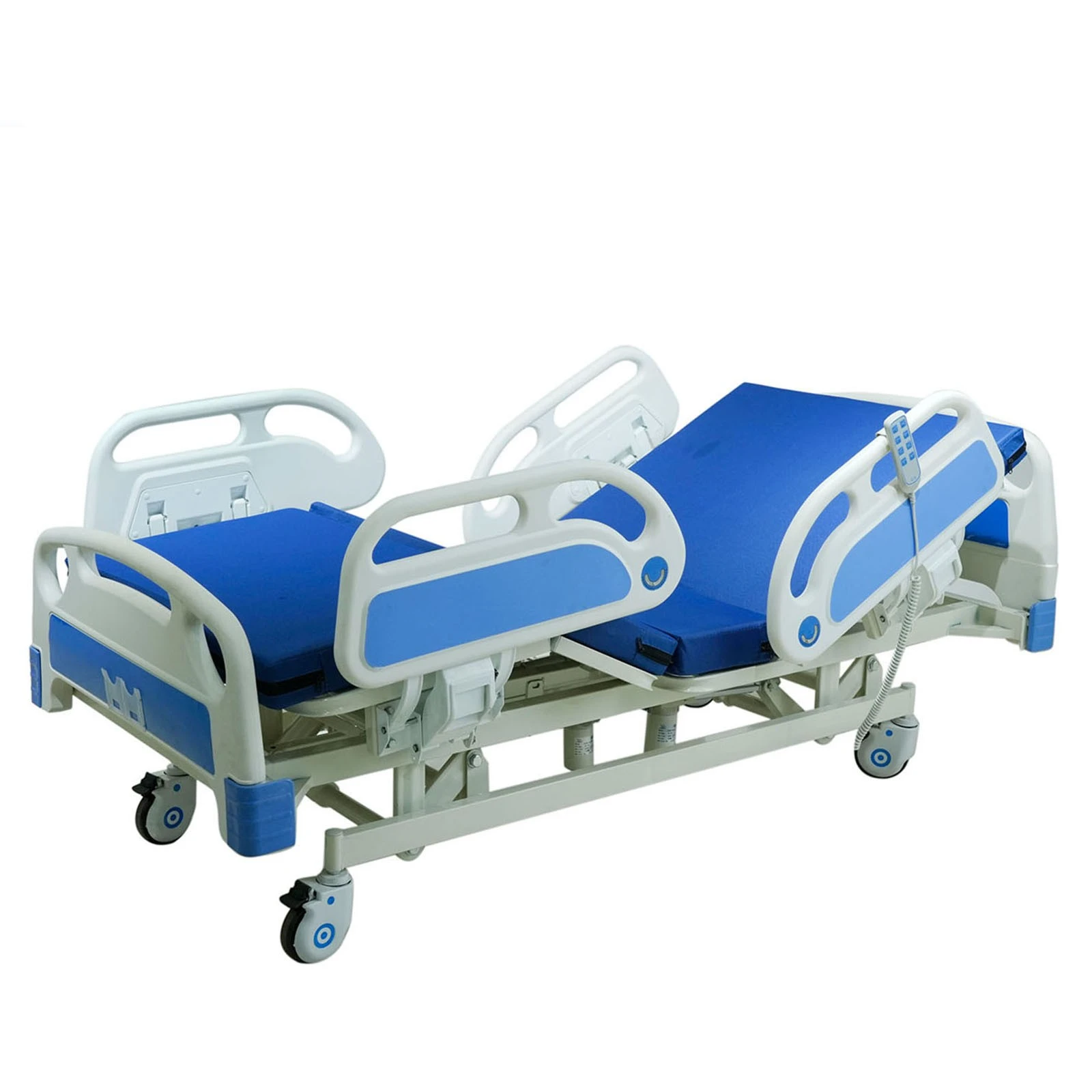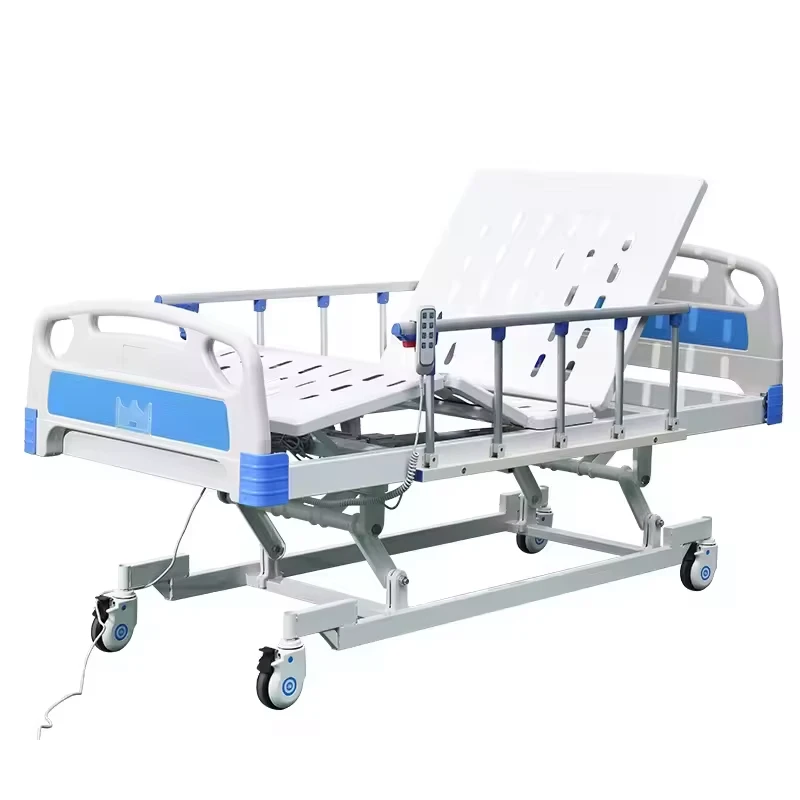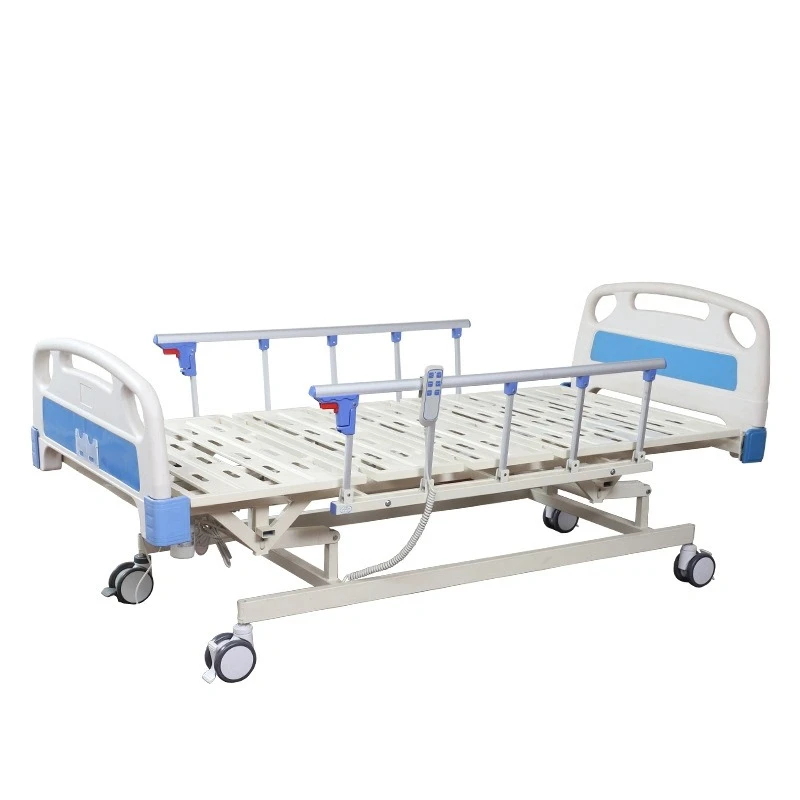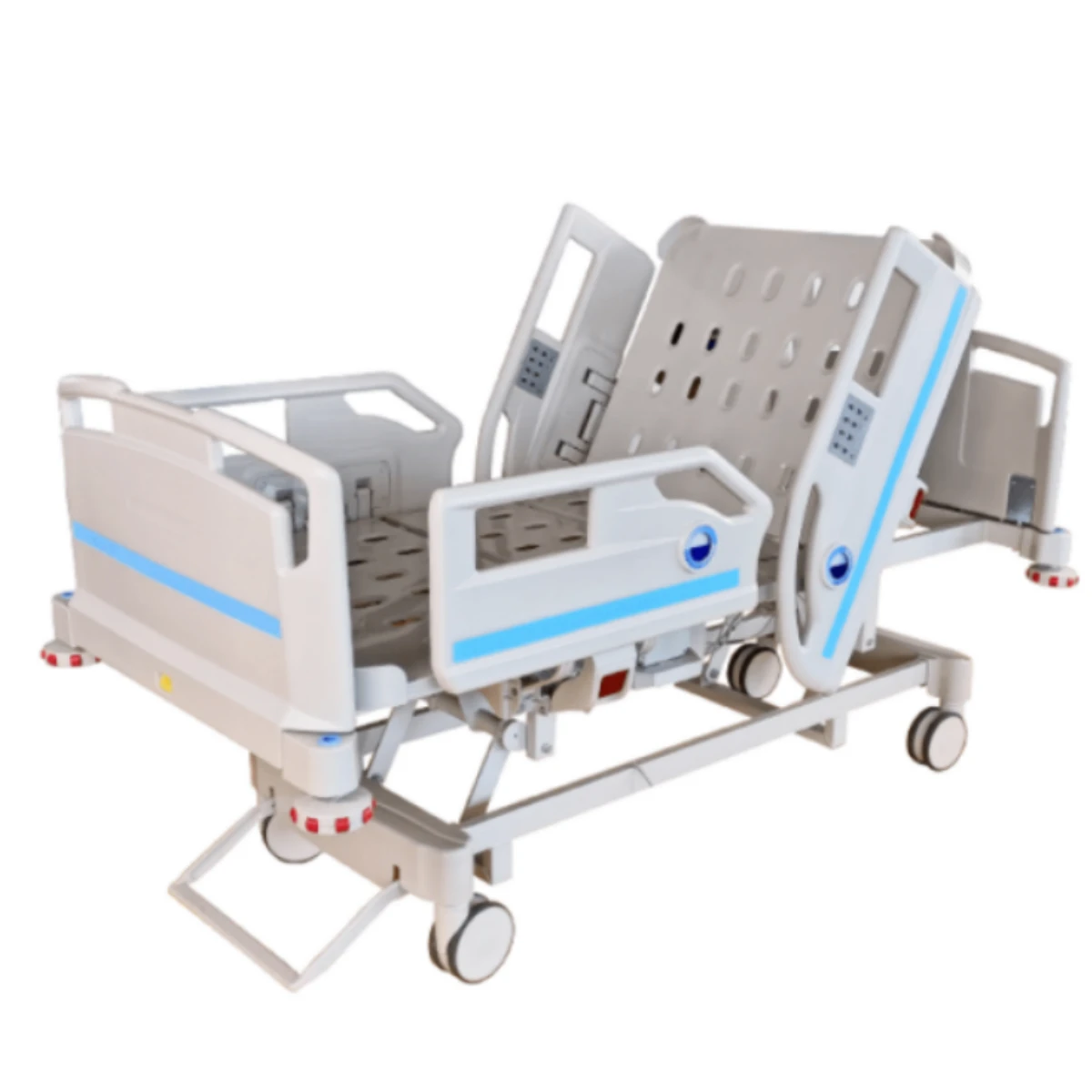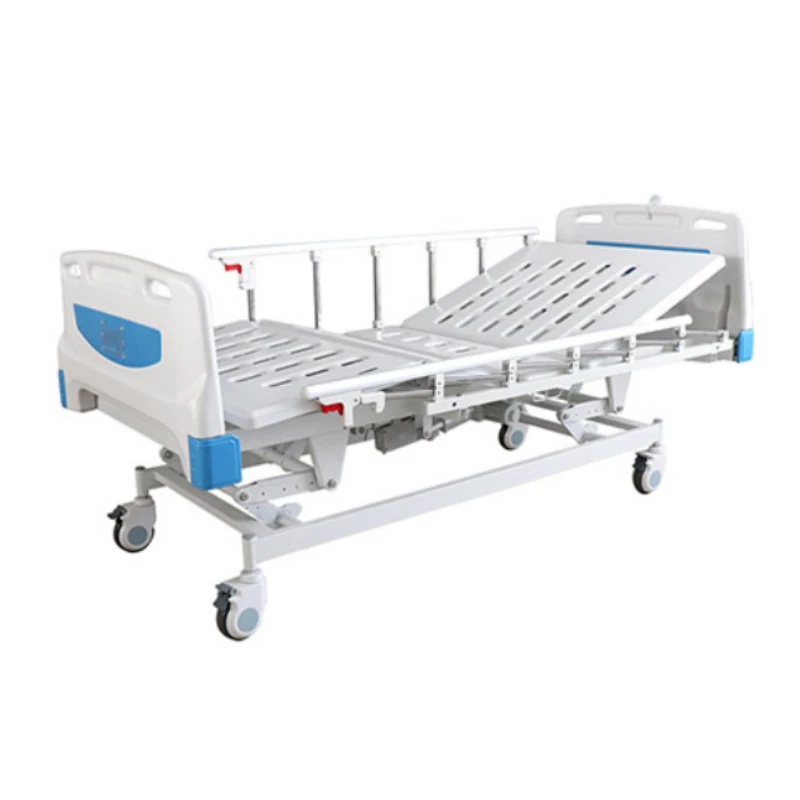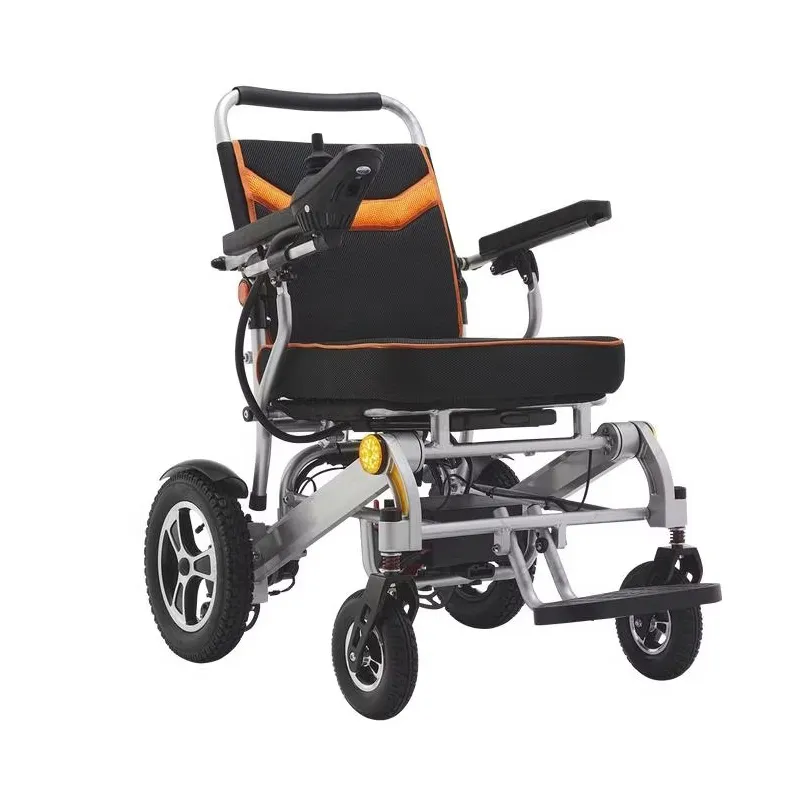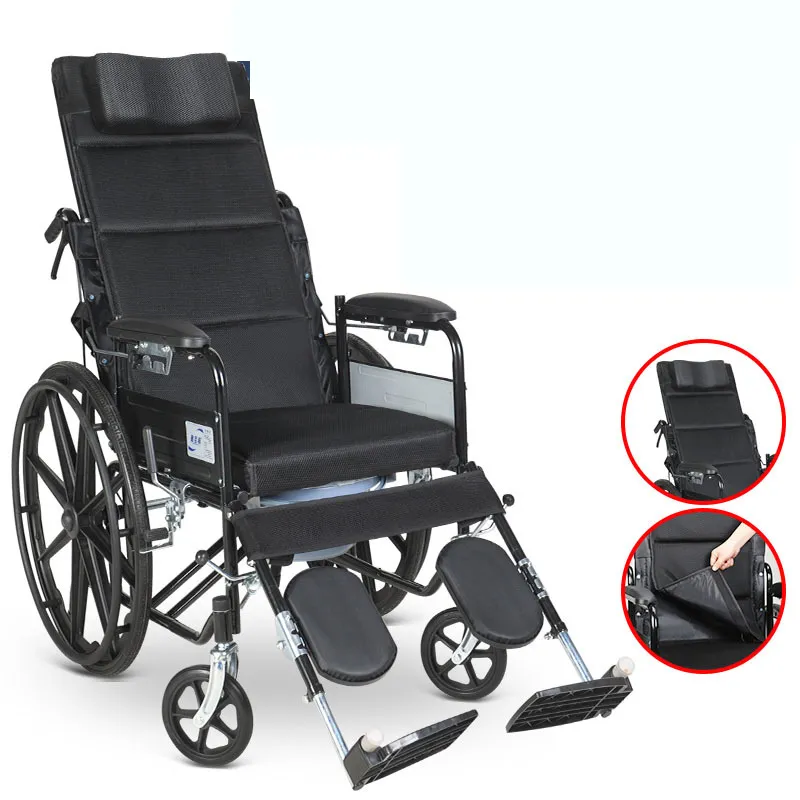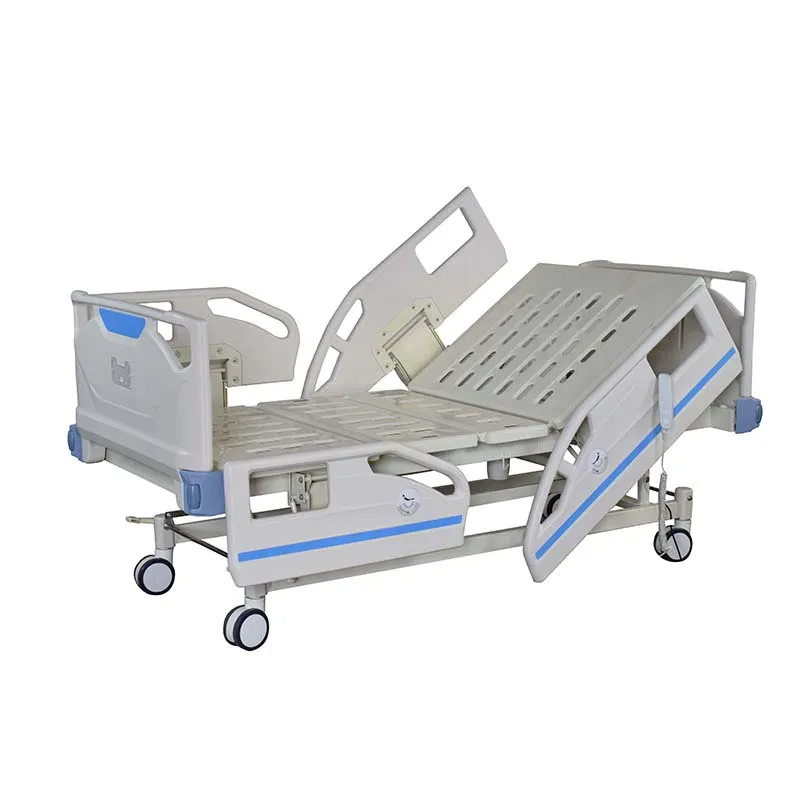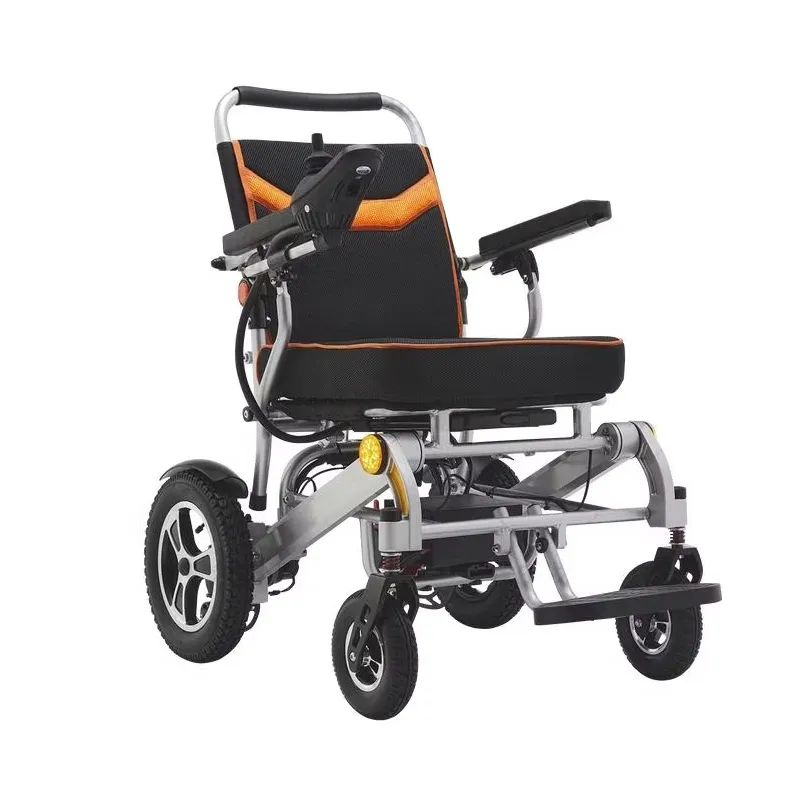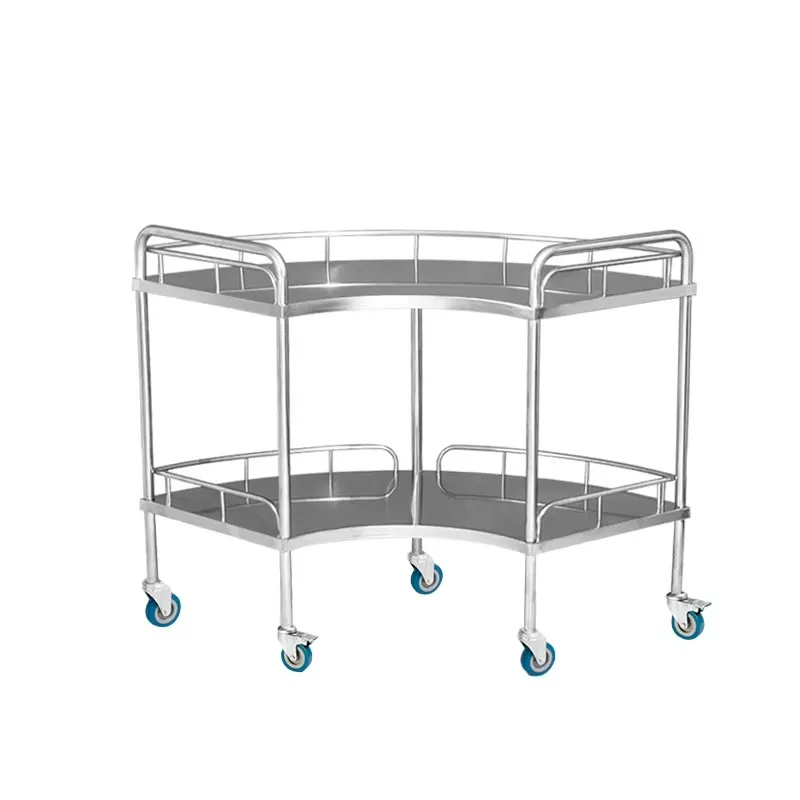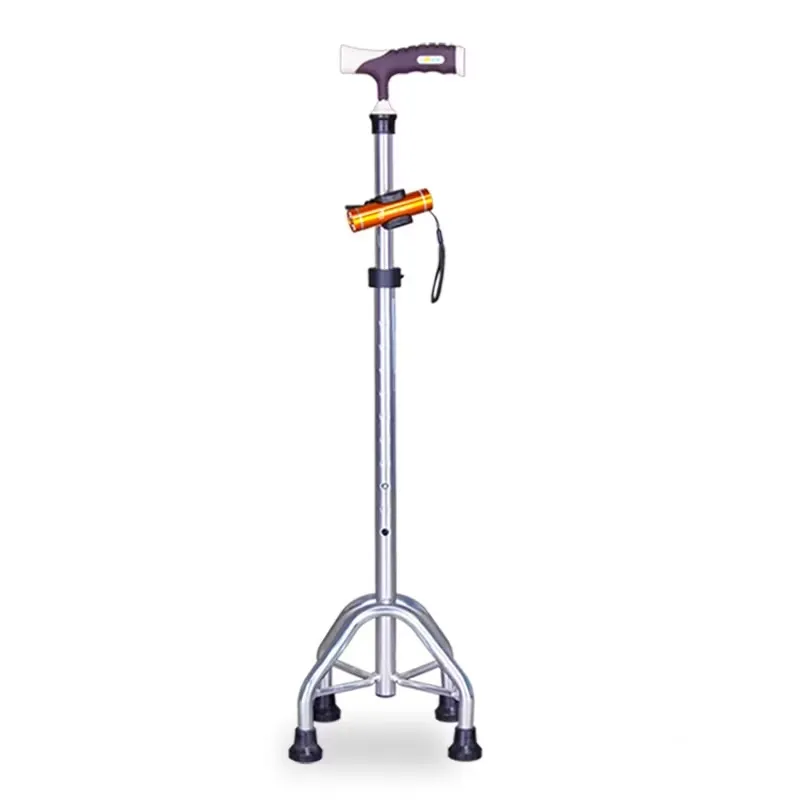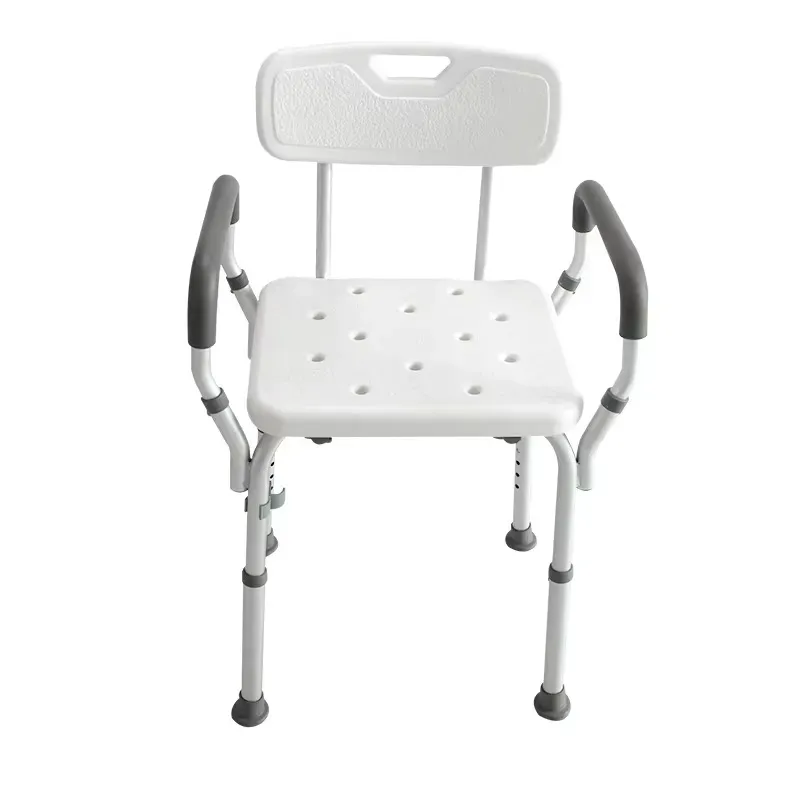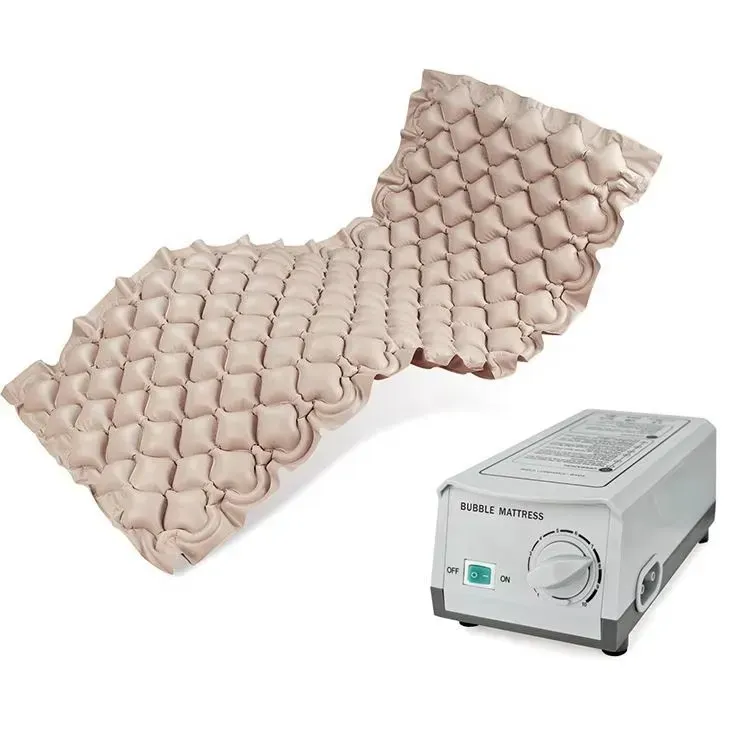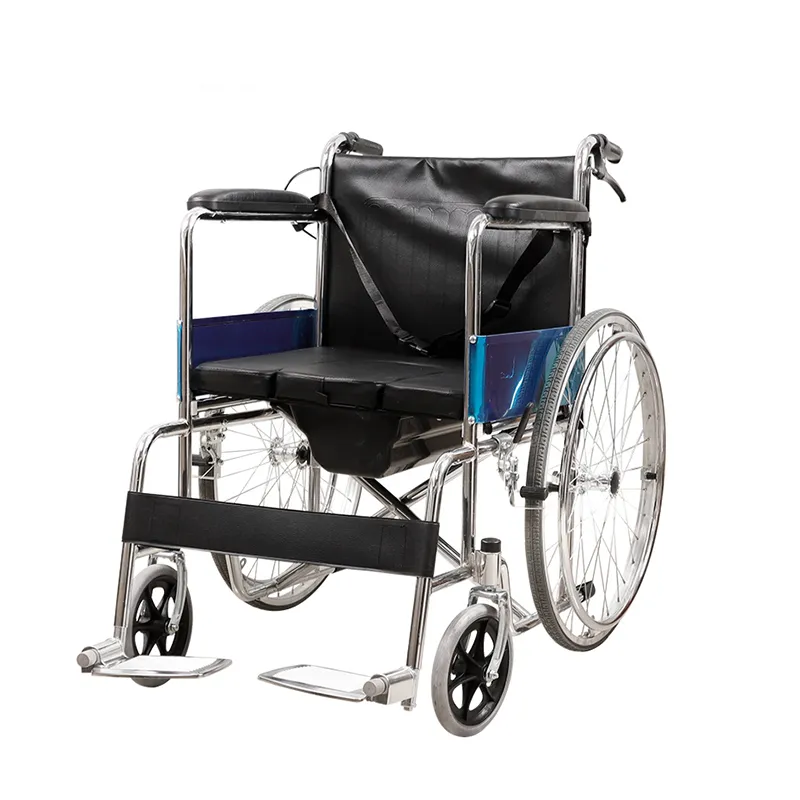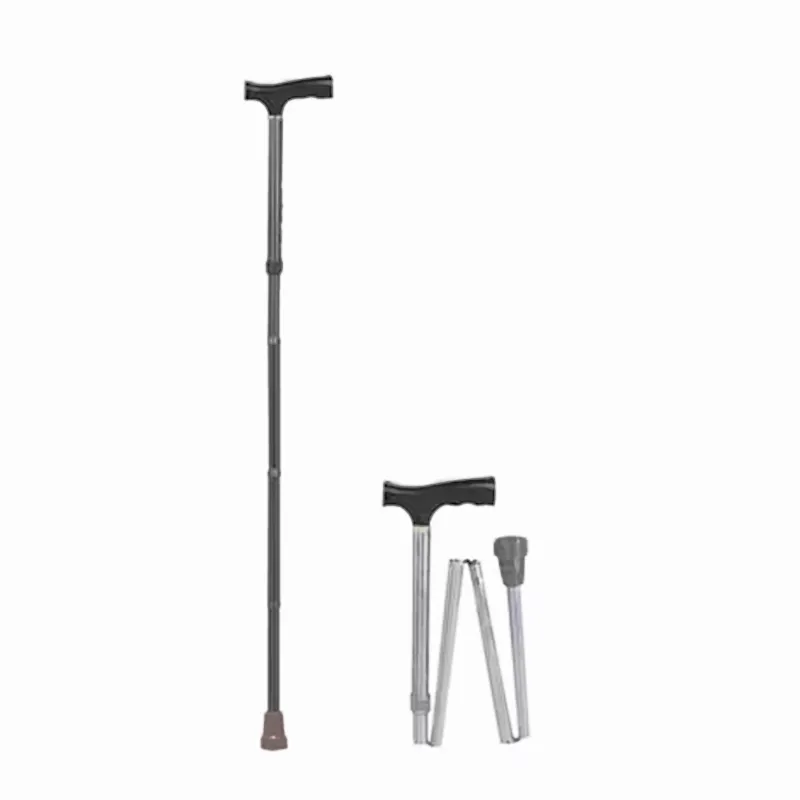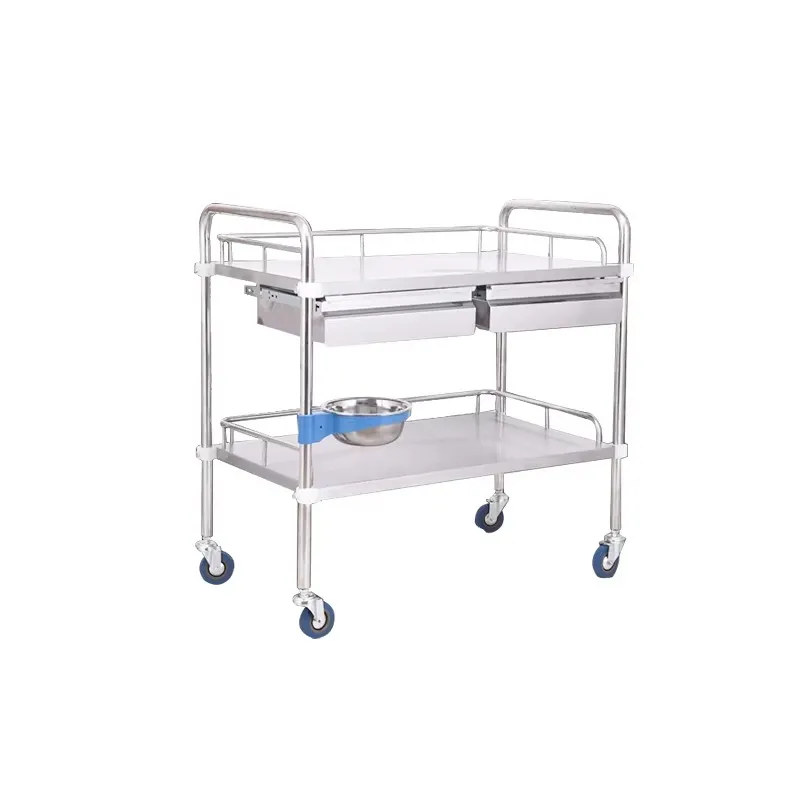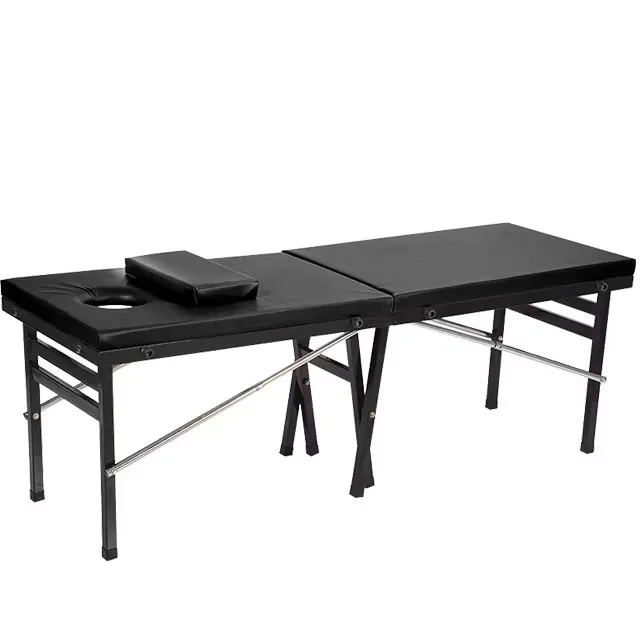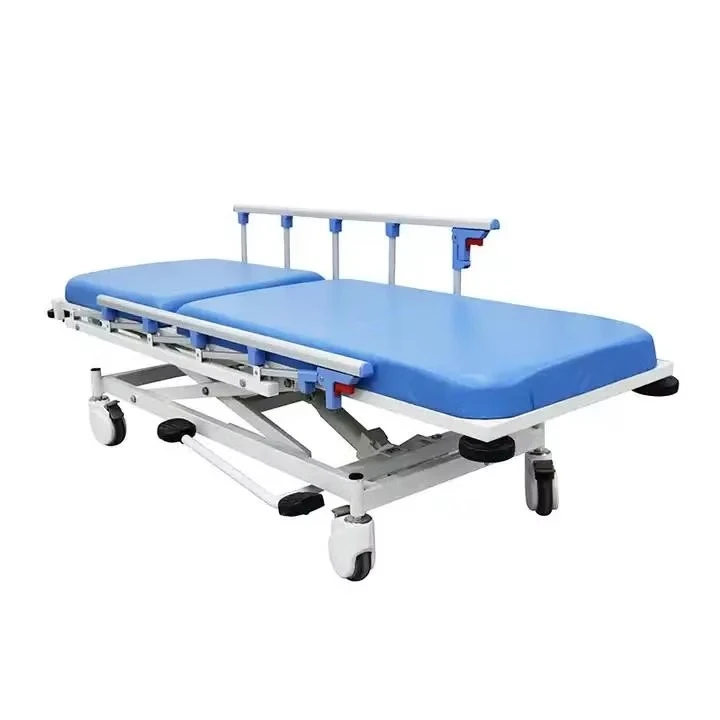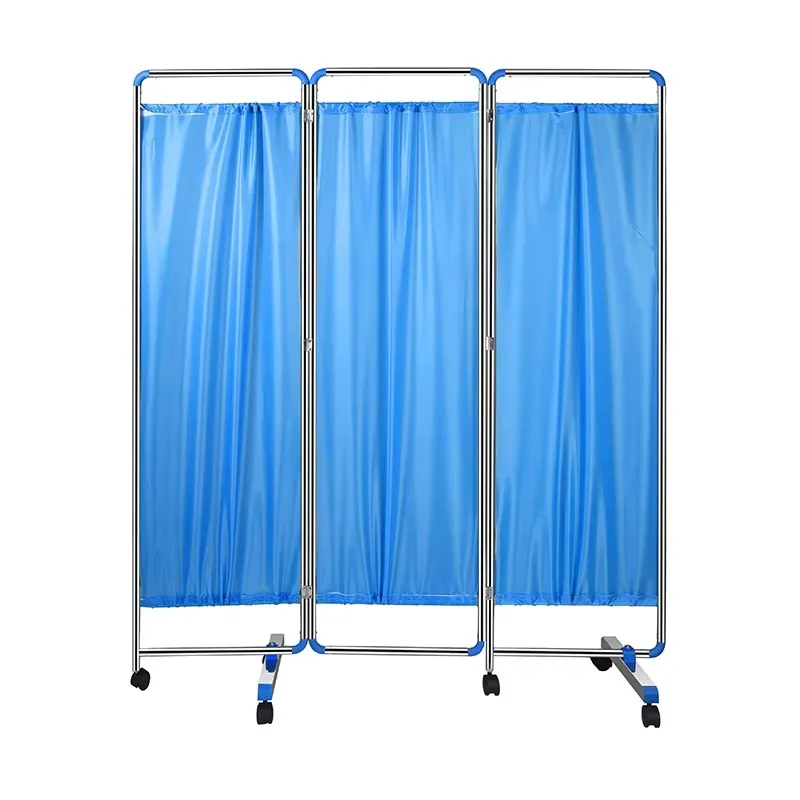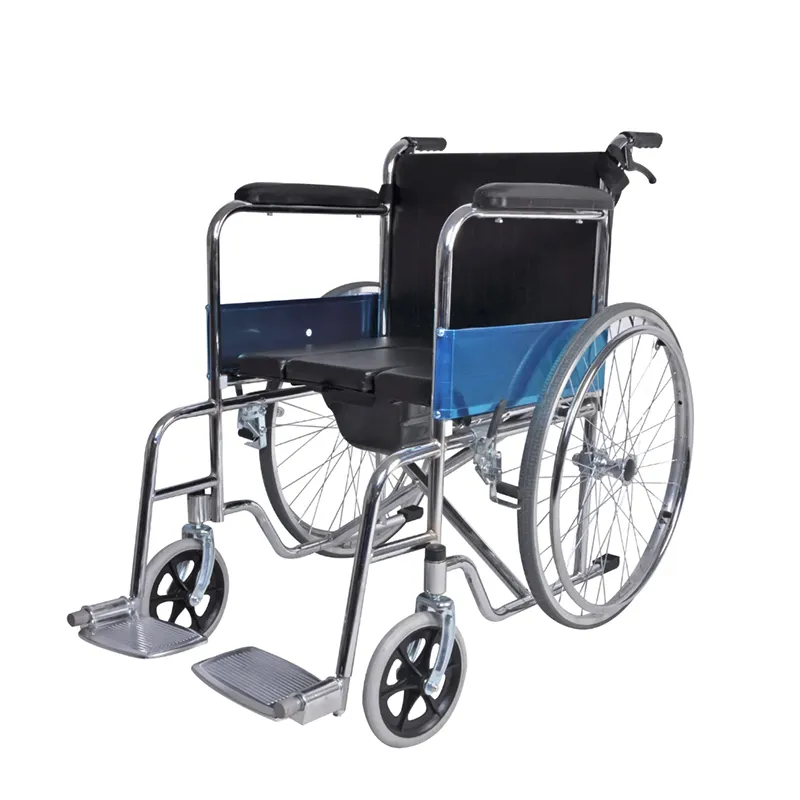Essential Guide to Stretcher Hospital Beds: Global Uses and Innovations
Understanding the Stretcher Hospital Bed: Why It Matters Globally
When you think of emergency care or patient transport, the humble stretcher hospital bed might not be the first thing that springs to mind, yet it’s an essential lifeline in healthcare systems worldwide. Whether in bustling urban hospitals or remote disaster zones, the stretcher hospital bed bridges the gap between urgent care and patient comfort. Why does this matter? In a world facing increasing health crises—from natural disasters to pandemics—the ability to swiftly and safely move patients while ensuring dignity and hygiene is vital. Knowing about this equipment is not just technical jargon for medical staff. It’s about life-saving agility and the quiet efficiency that underpins emergency response everywhere.
Global Context: The Widespread Need for Reliable Patient Transport Solutions
According to the World Health Organization, over 15% of global fatalities each year are linked to emergency and trauma care deficiencies, often worsened by inadequate patient transport provisions. As urban populations swell and climate-related disasters rise, stretcher hospital beds stand out as fundamental tools. Interestingly, ISO standards 13485 and 60601 cover the safety and effectiveness of medical devices like hospital stretchers, emphasizing the global push for quality and interoperability. Yet, many regions in low- and middle-income countries still struggle with outdated or insufficient patient transport beds, highlighting a global challenge: how to combine affordability, durability, and ease of use in harsh environments.[1]
What Exactly Is a Stretcher Hospital Bed?
At its core, a stretcher hospital bed is a special type of patient bed designed primarily for transport or space-limited emergency treatment. Unlike standard hospital beds, these stretchers combine mobility with adjustable features to accommodate various patient needs. They are typically equipped with wheels, safety straps, adjustable headrests, and some can transform between a flat stretcher and a semi-seated position. In humanitarian settings, they facilitate triage and treatment while maximizing space efficiency. In short, they are the backbone of patient movement — allowing caregivers to react swiftly without compromising on patient comfort or safety.
Mini Takeaway:
- Stretcher hospital beds are specialized beds focusing on patient mobility and emergency transport.
- They differ from regular hospital beds by combining flexibility, portability, and patient safety.
- They address unique challenges faced during crises or tight-space hospital logistics.
Core Components That Define a Quality Stretcher Hospital Bed
1. Durability and Material Quality
Most stretcher hospital beds use high-grade metals like aluminum or stainless steel frames to balance strength and weight. Durable polymers or coated surfaces offer easy cleaning and resistance against harsh disinfectants, vital for infection control. Believe me, in the field, a lightweight yet sturdy stretcher can make all the difference.
2. Mobility and Maneuverability
Big wheels, swivel casters, braking systems — they don’t just fluff up the specs list. They determine how smoothly a patient can be moved across different terrains, from hospital corridors to rugged disaster zones. I've noticed that some of the more advanced stretchers even integrate suspension systems to ease movement.
3. Adjustable Ergonomics
The ability to adjust backrests, leg sections, and height is crucial for patient comfort and medical procedures. This flexibility also helps in reducing caregiver strain, which is often overlooked but incredibly important.
4. Safety Features
Safety rails, secure straps, and anti-slip surfaces ensure patients don’t inadvertently slip or sustain further injury during movement.
5. Portability and Storage
Especially in mobile field hospitals and disaster relief operations, foldable or collapsible designs allow for easier transport and storage — a small feature with huge practical impact.
Mini Takeaway:
- Durability ensures long-term usage even in tough environments.
- Mobility and ergonomic adjustments improve both patient safety and caregiver efficiency.
- Portability is key for rapid deployment and easy maintenance.
Practical Applications: Where Are Stretcher Hospital Beds Making a Difference?
Think about it: in earthquake aftermaths, where collapsed structures reduce access, or in flood-hit areas with limited transport, portability is everything. For example, the Red Cross prioritizes lightweight, foldable stretchers in its globally deployed emergency kits.[2] Meanwhile, urban trauma centers in North America rely on advanced hydraulic stretcher beds with electronic controls for quick patient transfers between departments. In remote industrial zones, portable stretchers provide workplace first aid responders the ability to stabilize and move injured workers safely.
The versatility of stretcher hospital beds has even extended into eldercare homes, where space can be tight and mobility assistance crucial.
Mini Takeaway:
- From disaster relief to everyday hospital use, stretchers adapt to diverse environments.
- Organizations rely on variations suited to their operational specifics.
Why Invest in a Stretcher Hospital Bed? The Bottom Line Benefits
Tangibly, a good stretcher hospital bed reduces patient transfer time, helps prevent injuries during movement, and can cut down hospital bed occupancy times by streamlining patient flow. Emotionally, it builds trust — patients feel safer, caregivers feel empowered. Socially, it supports dignity in vulnerable moments; that’s not trivial. Innovators have designed stretchers with antimicrobial surfaces and even shock absorption — reducing infection and injury risk further.
Long-term, the investment in quality stretchers enhances sustainability—less breakage means fewer replacements and less medical waste. Many engineers I spoke with mentioned how these units, while sometimes more expensive upfront, save money overall through durability and efficiency.
Product Specification Table
| Feature | Typical Value | Notes |
|---|---|---|
| Frame Material | Aluminum / Stainless Steel | Balance of weight & durability |
| Weight Capacity | 150–200 kg (330–440 lbs) | Supports wide range of patients |
| Surface Material | Antimicrobial PVC coating | Ease of cleaning, infection control |
| Adjustability | Backrest and leg sections adjustable | For patient comfort |
| Mobility Features | Lockable swivel casters | Smooth rolling and stability |
| Foldable Design | Optional | For portability |
Comparing Leading Stretcher Hospital Bed Vendors
| Vendor | Key Strength | Price Range | Ideal Use Case |
|---|---|---|---|
| Zhaofa Medical | Customizable options, robust build | $$ | Hospitals & field clinics |
| Stryker | Advanced ergonomics & tech integration | $$$ | Specialized trauma centers |
| Ferno | Lightweight, highly portable designs | $ | Emergency response & disaster relief |
| Hill-Rom | Integrated patient monitoring compatibility | $$$ | High-tech hospitals |
Future Trends Shaping Stretcher Hospital Beds
So, what’s next? The future seems to orbit around integration and sustainability. For one, smart stretchers equipped with digital sensors can now monitor vital signs during transport — reducing the need for extra devices and saving precious time. Eco-conscious materials—like recycled aluminum frames and biodegradable polymers—are also beginning to gain traction as hospitals push sustainability goals. Automation is creeping in too; motorized height adjustments and braking systems are getting smarter, even voice-activated in some prototypes.
Lastly, modularity is key. Imagine a stretcher that can quickly switch from trauma use to maternity care with simple attachments — fewer models needed, lower costs. It feels like the stretcher hospital bed industry is quietly evolving into a tech-savvy, green, patient-centered future.
Challenges Facing the Industry & How We’re Solving Them
Of course, it’s not all smooth sailing. High costs, inconsistent quality across suppliers, and the difficulty of shipping sensitive equipment into low-resource or conflict zones remain hurdles. Then there’s the constant balancing act: lightweight means less durable, but heavy means harder to move — and both can endanger patients. Some vendors tackle this by modular designs that let caregivers swap components – so if a wheel breaks in the field, you can fix it without scrapping the whole unit.
Training is another key. Providing healthcare teams with clear instructions and maintenance support turns out to be as critical as the equipment itself. In my chats with field medics, one big tip: hands-on workshops dramatically raise both safety and lifespan of these beds.
FAQ: Common Questions About Stretcher Hospital Beds
- Q: How do stretcher hospital beds differ from gurneys?
- A: While often used interchangeably, stretchers usually refer to portable beds used primarily during transport; gurneys can be wheeled beds with more specialized features often found inside hospitals. Stretchers typically prioritize portability and ease of deployment.
- Q: What is the average lifespan of a quality stretcher hospital bed?
- A: With proper use and maintenance, many high-grade stretchers can last 7–10 years, sometimes longer in well-resourced settings. Environment and frequency of use play significant roles.
- Q: Can these beds be disinfected easily for infection control?
- A: Yes. Most use antimicrobial surfaces and smooth coatings designed to withstand hospital-grade disinfectants, making regular decontamination straightforward.
- Q: Are foldable stretchers as safe as rigid ones?
- A: Modern foldable stretchers are engineered to meet rigorous safety standards. However, rigid stretchers may offer better stability for heavier patients; choice depends on use case.
- Q: How do NGOs procure stretchers for field use internationally?
- A: NGOs often partner with specialized manufacturers or suppliers like Zhaofa Medical, leveraging bulk purchase agreements and logistical support for speedy deployment.
Wrapping Up: Why the Right Stretcher Hospital Bed Matters
Stretcher hospital beds might seem like simple tools, but their impact echoes far beyond the walls of hospitals—they save lives, improve patient dignity, and empower caregivers globally. As healthcare needs evolve, so do these beds, with smarter designs, greener materials, and wider accessibility. If you’re looking to upgrade your patient transport logistics or curious about innovations in healthcare infrastructure, it’s worth exploring the options that suit your setting best. For an excellent balance of quality, customization, and affordability, consider visiting this trusted supplier to see what modern stretchers can do.



